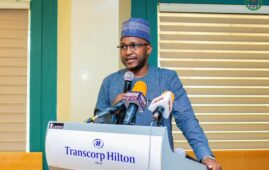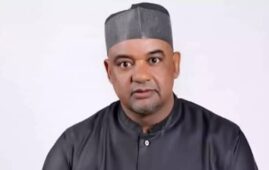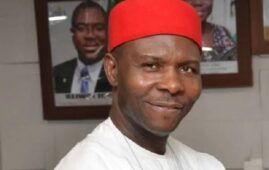Source: Global Times
Facing harsh questions on issues including strained China-US relations, “debt trap” accusations and political influence through the Belt and Road Initiative (BRI), Chinese State Councilor and Foreign Minister Wang Yi highlighted China’s diplomatic principles and stance on March 8, showing the country’s growing confidence in addressing complicated international situations.
At a press conference on the sidelines of the second session of the 13th National People’s Congress in Beijing, Wang briefed international media on China’s diplomacy in hot regional and world issues, including the trade war, Korean Peninsula denuclearization process and the Venezuelan crisis, among others.
Wang stressed that cooperation is the mainstream of China-US relations, and will not descend into confrontation. “Decoupling from China would mean decoupling from opportunities, from the future, and in a sense, even from the world.”
“Wang has made clear China’s fundamental diplomatic principles and stance, which will give international society a more objective, thorough and accurate understanding,” Li Haidong, a professor at the China Foreign Affairs University’s Institute of International Relations said. “The predictability of China’s future moves has increased, which is conducive to avoiding misjudgment between each other.” He added.
Ruan Zongze, executive vice president of the China Institute of International Studies said that in 2019, China faces external challenges, including the prevailing unilateralism which complicates the international situation and has led to the trade war as well as hot regional issues, such as recent India-Pakistan tensions.
Ruan said under this backdrop, China should stick closely to multilateralism, which is also the core of our diplomacy. “China can also play a greater role in pushing forward dialogue to solve challenging regional issues,” he said.
The word “cooperation” was frequently used in Wang’s Friday speech and he also expressed China’s willingness to play a constructive role in the Korean Peninsula issue, India-Pakistan tensions, the South China Sea and Venezuela.
The key to solving the Peninsula issue, as Wang pointed out, is to work out a general roadmap for denuclearization and the establishment of a peace mechanism.
“We will give full support to North Korea in implementing the new national strategy, focusing on economic development and improving people’s livelihood and we will fully support North Korea in pursuing the denuclearization of the Korean Peninsula and addressing its legitimate concerns in the process of denuclearization,” Wang said.
As for the BRI, Wang cited examples that show the benefits the BRI has brought to participating countries.
The BRI is not a “debt trap” but an “economic pie” that benefits the locals, he said.
The Mombasa-Nairobi Standard Gauge Railway in Kenya has generated close to 50,000 jobs and increased economic growth by 1.5 percentage points. In Uzbekistan, Chinese workers and local people worked together to build a 19-kilometer tunnel in 900 days, allowing people in remote areas to travel by train across mountains in just 900 seconds, he added.
It’s not a “geopolitical tool,” but a great opportunity for shared development, Wang stressed.
“I felt a strong China responsibility from Wang’s speech. China has become an important driving force for other countries to realize economic development and prosperity through the BRI,” Li said.
Ruan said that the BRI is not perfect, but China and other countries are working together to improve it. “Accusations over the BRI won’t make China’s international environment deteriorate as the initiative is too popular.”









Leave a Comment